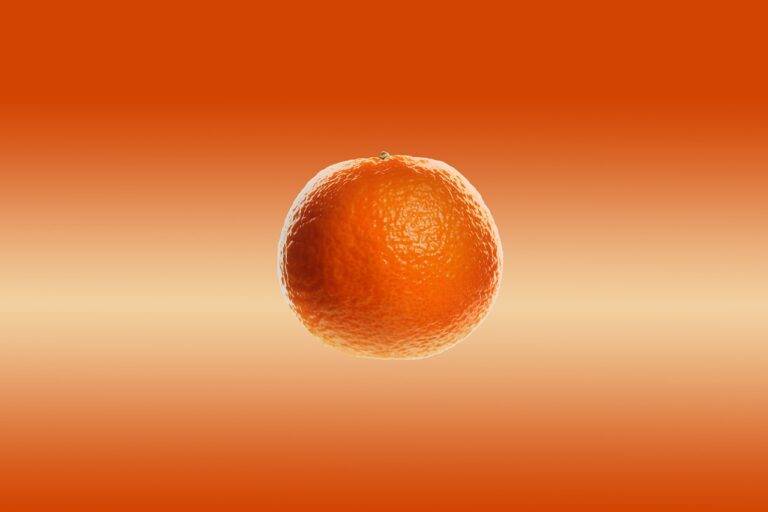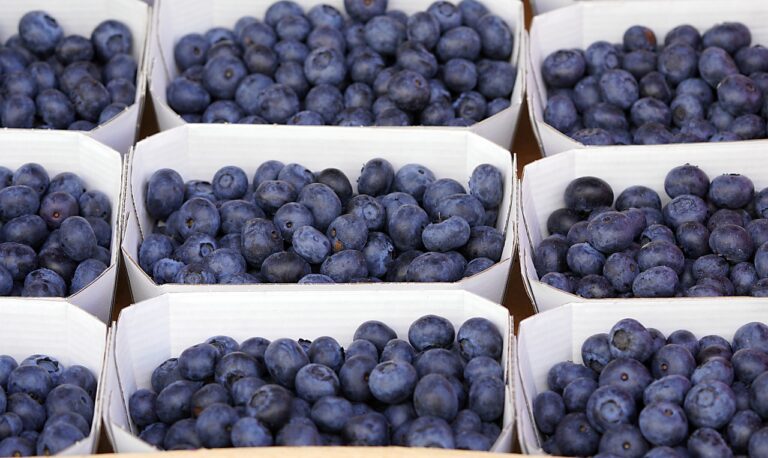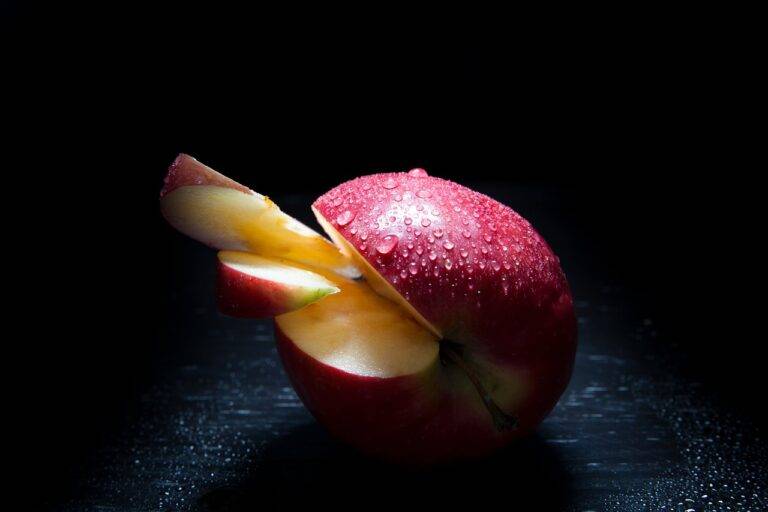How to Create a Menu for Brain Health: Betbhai9 whatsapp number, Play exch.in, Lotus365.win new id
betbhai9 whatsapp number, play exch.in, lotus365.win new id: As we all know, taking care of our bodies is essential for overall health and well-being. But did you know that what we eat can also impact our brain health? That’s right – the food we consume plays a significant role in how our brains function. Creating a menu that promotes brain health is crucial for staying sharp, focused, and mentally alert. In this article, I’ll provide you with some tips on how to create a menu that supports brain health.
1. Incorporate Omega-3 Fatty Acids
Omega-3 fatty acids are essential for brain health as they help build and repair brain cells. Include foods rich in omega-3s such as fatty fish like salmon, mackerel, and sardines, as well as flaxseeds and walnuts in your menu. You can also consider taking a fish oil supplement to ensure you’re getting an adequate amount of omega-3s.
2. Eat Antioxidant-Rich Foods
Antioxidants are essential for protecting the brain from oxidative stress and inflammation. Include plenty of fruits and vegetables in your menu, such as berries, spinach, kale, and carrots. These foods are rich in antioxidants like vitamin C, vitamin E, and beta-carotene, which can help protect your brain cells from damage.
3. Include Whole Grains
Whole grains are an excellent source of energy for the brain. They provide a steady supply of glucose, which is the brain’s preferred source of fuel. Include whole grains such as brown rice, quinoa, oats, and whole wheat bread in your menu to keep your brain functioning optimally.
4. Add Nuts and Seeds
Nuts and seeds are packed with essential nutrients that are beneficial for brain health. They are rich in vitamins, minerals, and healthy fats that support cognitive function. Include a variety of nuts and seeds such as almonds, walnuts, chia seeds, and flaxseeds in your menu for a brain-boosting snack.
5. Limit Sugar and Processed Foods
High sugar intake and processed foods can have a negative impact on brain health. These foods can cause inflammation in the brain and disrupt neurotransmitter function, leading to cognitive decline. Limit your intake of sugary snacks, sodas, and processed foods, and opt for whole, nutrient-dense foods instead.
6. Stay Hydrated
Staying hydrated is essential for brain function. Dehydration can impair cognitive performance and mood, so make sure to drink an adequate amount of water throughout the day. You can also include hydrating foods like water-rich fruits and vegetables in your menu to help maintain optimal hydration levels.
7. Get Plenty of Vitamin D
Vitamin D is crucial for brain health as it plays a role in neurotransmitter synthesis and protection against neurodegenerative diseases. Include foods rich in vitamin D such as fatty fish, eggs, and fortified dairy products in your menu. You can also consider taking a vitamin D supplement if you live in a location with limited sunlight exposure.
8. Prioritize Sleep
Sleep is essential for brain health as it allows the brain to rest, repair, and consolidate memories. Aim for 7-9 hours of quality sleep each night to support optimal brain function. Create a bedtime routine and limit screen time before bed to ensure you get a restful night’s sleep.
9. Stay Active
Physical activity is not only beneficial for your body but also for your brain. Exercise helps increase blood flow to the brain, promoting the growth of new brain cells and enhancing cognitive function. Include regular physical activity in your routine to support brain health.
In conclusion, creating a menu for brain health involves incorporating nutrient-dense foods that support cognitive function and protect the brain from damage. By including omega-3 fatty acids, antioxidants, whole grains, nuts and seeds, and prioritizing hydration, vitamin D, sleep, and physical activity, you can support optimal brain health and cognitive function. So, make sure to fuel your body and brain with the right foods for overall well-being.
FAQs
1. What are the best foods for brain health?
The best foods for brain health include fatty fish, fruits and vegetables, whole grains, nuts and seeds, and foods rich in antioxidants and omega-3 fatty acids.
2. Can supplements help support brain health?
Supplements can be beneficial in supporting brain health, especially if you have nutrient deficiencies. However, it’s essential to consult with a healthcare provider before taking any supplements to ensure they’re safe and effective for you.
3. How can I improve my memory and cognitive function?
In addition to eating a brain-healthy diet, you can improve your memory and cognitive function by staying mentally active, getting regular exercise, managing stress, and getting enough quality sleep.
4. Are there specific foods to avoid for brain health?
To support brain health, it’s best to limit your intake of sugary snacks, processed foods, and foods high in saturated fats. These foods can have a negative impact on cognitive function and overall brain health.







